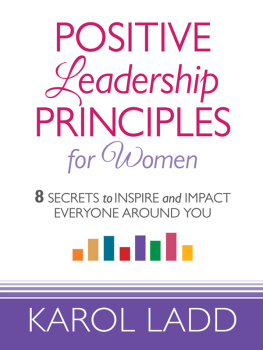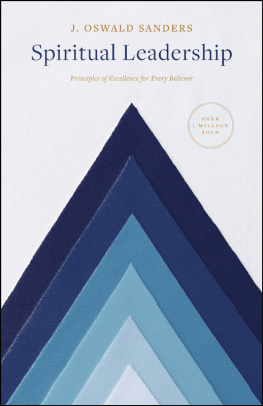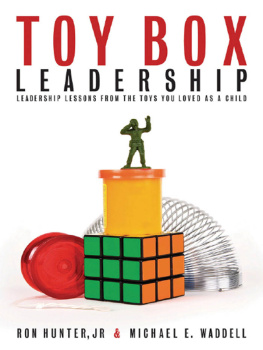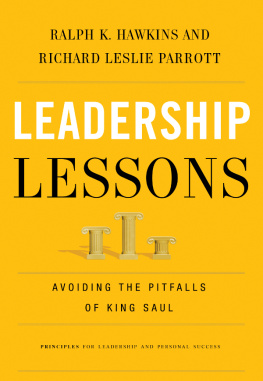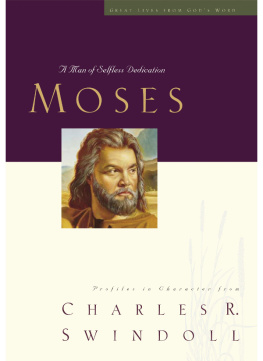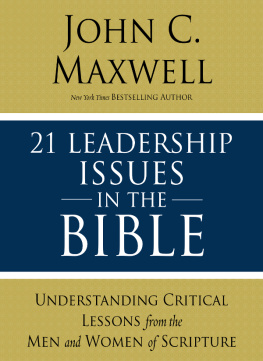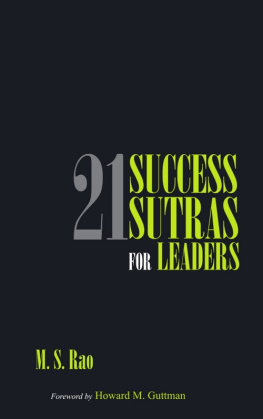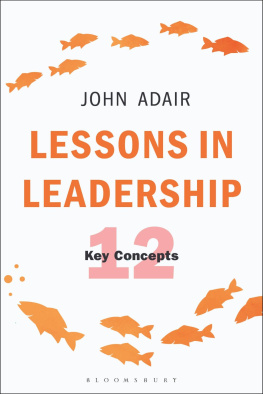Many are the Moseses in our lives. Representations of Moses in our religious traditions vary to some degree. Although the Jewish and Christian images of Moses are very similar, it would be fair to say that Moses Jewishness is emphasized in traditional Jewish imagery while a Christian version of Moses might appear more European. Elsewhere, in Steven Spielbergs animated Prince of Egypt (1998), Moses appears distinctly Middle Eastern, and Ridley Scotts violent, atheistic, Eurocentric Exodus: Gods and Kings (2014) is so un-Jewish it starred an actor named Christian Bale.
Cecil B. DeMille made two versions of the Moses story, first as a young director in the silent movie era and then his later widescreen Technicolor version of The Ten Commandments (1923; 1956), both of which were proud products of his Episcopal Church upbringing. In fact, DeMille cast fellow Episcopalian Charlton Heston as Moses in the latter film, arguably the most famous cinematic image of Moses. Because of the repeat TV showings of The Ten Commandments (1956) around the worlda movie that was billed as a depiction of the birth of freedomif the average person has a mental picture of Moses, it is of Heston in a series of glued-on beards and leather wrist straps holding a staff with his arms raised toward heaven.
The quranic Moses narrative largely parallels the Bible with some key differences. According to Hollywood historians, the screenwriters for The Ten Commandments (1956) pulled on every available ancient source regarding Moses, including the Quran, but it is anybodys guess how many Muslims have ever seen the movie. The making or displaying images or statues of religious figures is strictly prohibited in Islam, but that does not mean they have not happened at all. Persiamodern-day Iranhad completely converted to Islam by the eleventh century CE; yet a fifteenth-century Persian painting of Moses with Abraham, Jesus, and Muhammed proves that art images of quranic figures were popular as illustrations in books. Technically, even a Hollywood movie such as The Ten Commandments, made by non-Muslims, violates the dictum that non-prohibited acts (such as moviemaking) which lead to prohibited acts (e.g., personifying prophets or messengers of God and taking creative liberties with their life stories) are to be avoided.
In popular, non-religious media, there is also a public Moses that appears as an ethnically neutral Sunday School version typically found in instructive stories for children. In various animated VeggieTales versions of Exodus, for example, Moses is either a zucchini or a cucumber, or perhaps a pickleone of those; its hard to tell. Typical of childrens versions of the Moses narrative, in the VeggieTales series, the deaths of Egyptian children are played down and phrased vaguely. Each of these cinematic Moseses centers around overlapping but sometimes competing narratives intended to communicate lessons at various stages of our lives, but the overall effect is a general public that is left with contrasting, overly broad impressions of who Moses was.
This is why people who think they understand Moses because they have watched Charlton Heston in widescreen Technicolor, Christian Bales Dark Knight Moses, or the PG-rated Prince of Egypt are still missing the complexity of the authentic Moses. For example, according to urban legend, Heston was chosen to play Moses by DeMille because DeMille thought Heston resembled Michelangelos Moses, a sixteenth-century carving for the tomb of Pope Julius II.
Because the main goal of this book is to discuss how the life story of Moses as understood by three great faiths can invigorate the servant leadership the world needs today, background on the religious texts that bring the Moses narrative to life is required from time to time in the pages ahead. The Hebrew Bible, the Holy Bible per Christianity, and the Quran form the nexus of this books discussion.
In addition, a companion book of commentary on the Quran, the Hadith, plays an important role. The Quran and Hadith lay out the indisputable framework expected of Muslims to perform their duties to God and humankind. For Muslims, no other texts merit attention and obedience. That said, the fourteenth-century Muslim commentary titled Stories of the Prophets by renowned quranic scholar Ibn Kathirwho today would be considered an imam, or teacheralso plays an important part because of his colorful insight into the quranic texts. For Muslims worldwide, Stories of the Prophets can be considered an accepted text that contains much of the Moses story, even though it is largely a topical Hadith collection with some reference to biblical works. The reader should be mindful that the Quran itself and Ibn Kathirs version of the quranic stories may be used interchangeably to advance the Moses narrative for the purposes of this book, but they are not the same.
Finally, in the Muslim tradition, when the name of Muhammed or any prophet or messenger in Islam is mentioned, the phrase Peace be upon him is attached. When writing in English, the acrostic PBUH is an acceptable abbreviation. The Muslim or even non-Muslim reader is encouraged to remember this addition and insert it when applicable.
Both the Bible and the Quran accentuate that Moses had a speech impediment of some kind about which he was self-conscious; yet the movie Moseses that the public knows so well rarely reflect any sign of a stutter, a lisp, a damaged palate, or any evidence of what the Bible stipulates was a man heavy of mouth and heavy of tongue. Whereas Jewish, Christian, and Islamic scholars have debated the true nature of Moses affliction and what it implies about the text, Hollywood eliminates this valuable characteristic by giving Moses enviable oratorical skills and a booming God-like voice.
Some commentary in the Hadith, the second-highest-ranking book in Islam after the Quran, even suggests that Moses was actually a black Africanor at least very dark brown skinnedwith black curly hair.
The Hadith is a companion book to the Quran. Meaning, roughly, speech, report, or narrative in Arabic, the Hadith is a collection of things that the Prophet Muhammed said during his lifetime that were recorded by his acolytes and later collected into a book. Just as not all Jews would consider the New Testament as legitimate as the Hebrew Bible, not all Muslims accept the Hadithor at least all of itas divine revelation. Nonetheless, for most Muslims, the Hadith contains significant material regarding Islamic religious law and moral teaching.
As a point of national pride, Ethiopians of various religious backgrounds have insisted that Moses came from Ethiopia. In sum, the creative decisions needed to drive a successful box office in America have left their mark on the public Moses and obscured the truth of the text in the process.
Popularized distortions of holy texts that are manipulated to create an easily followed narrative for a mass audience attest to Islams prohibition on the making of images of the prophets. Both the public Brave-heart Moses in Scotts Exodus and the Cecil B. DeMoses of The Ten Commandments tell the Moses story without the nuance, subtlety, and ambiguity of the biblical or quranic accounts. This was the directors intention; DeMille maintained that bringing Bible stories to non-Bible readers was his ministry.
Some argue there never was a real Moses at all, just a mythic leader with no historical foundation, a stance that would reduce all understandings of Moses to be as imaginary as a


